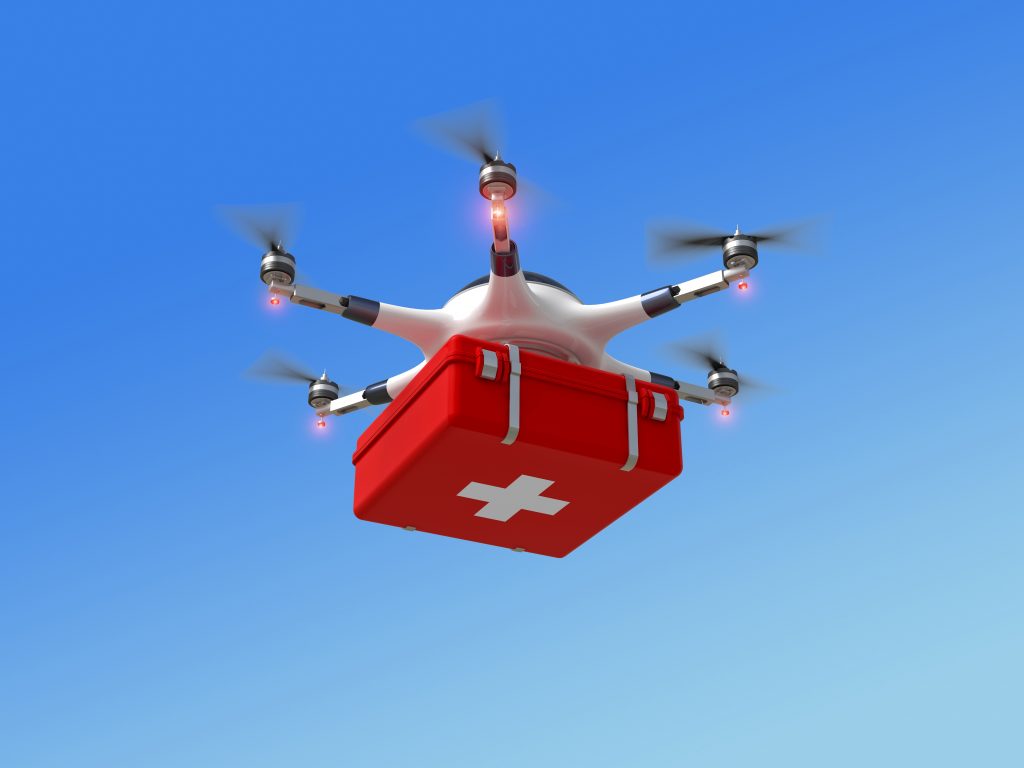Future Flight phase II delay

There is a delay of one month to Future Flight Phase II but to keep supporting and building consortia, three themed online events are planned
*Update*
The Future Flight Phase II competition had been planned to open on the 6 April. As you are no doubt aware UKRI, Innovate UK and KTN have been central to responsive competitions and programmes to support both current operations as well as urgent medical requirements for the NHS, the Ventilator Challenge being one example. Further such programmes will be announced shortly. Resources have been diverted to support these efforts resulting in the rescheduling of other competitions. As a result of this, the Future Flight competition is expected to open one month later than planned, both start and end dates. We will confirm the new dates when we have them finalised. Despite the uncertainty around, the fundamentals of the Future Flight Challenge remain strong and feedback from the community shows organisations remain committed to it.
We will continue to deliver the April themed networking events as it is still relevant and important you have the opportunity to meet new potential project collaborators. We will offer you the opportunity to give a two minute pitch on your proposal plus the ability to schedule online meetings.
The Future Flight programme, funded by £125m from the Industrial Strategy Challenge Fund aims to revolutionise the way people, goods and services fly. It will support the development of a novel integrated aviation system around freight-carrying drones, urban air vehicles to hybrid-electric regional aircraft.  The challenge will also develop the supporting ground infrastructure, regulation and control systems required to use these new aircraft practically and safely.
A wide range of sectors, technologies and services is needed to deliver this challenge.  Diverse ‘super-consortia’ are being formed to bring together industry expertise, not just from within the traditional aviation sector but from areas such as health, data, digital app development, urban planning and construction.  From drones delivering urgent medical supplies to flying taxis and from ensuring aircraft can ‘see round corners’ to cyber security considerations, this challenge is ambitious in its scale and requires an ambitious response.
The themed events are:
16 April РInfrastructure.  Register here
23 April РUse cases.  Register here 
30 April – Regulation. Register here
The aim of the three events is to:
- Convene interested parties to enable new collaborations to form
- Raise awareness of the successful applicants from Phase I to aid with consortia building
- Attract non-traditional aviation companies to Future Flight
- Inform on the capabilities and expertise on offer to support your Future Flight project
On registering for an event you will have the opportunity to express interest in delivering a two minute pitch to highlight your own capability and the option to book meetings with delegates.
Event details
16 April – Infrastructure
This event will focus on the digital and physical infrastructure requirements to enable a future integrated aviation system.  Covering areas such as how the new aircraft will be charged, how they will integrate into current infrastructure and future construction projects and what digital infrastructure is required to enable positioning, flight movements and communications to happen.
23 April – Use cases
This event will cover the physical, virtual and technology operations already in existence, or in planning, that can support an integrated aviation system.  Areas to consider will be flight corridors for experimentation/feasibility/demo flights, regional connectivity in island and remote communities, the demonstration of drones or air taxis, the demonstration of a partially integrated system and the use of drones to deliver vital health care services.
30 April, Regulation
Covering how a new and novel integrated aviation system should be regulated to ensure safety, this event will cover what regulations and standards need to be in place to ensure the safety of new aircraft in built environments and near airports, the fuels used and the charging of aircraft, how any modelling mirrors reality and how the new aircraft fly and ‘see’ round corners (and out of visual line of sight).
A huge variety of sector expertise is needed for this challenge: if you are interested in attending any of the online events, click on the links above to register.
To find out more about the Future Flight Challenge, watch the two videos below. You can also visit our Future Flight page.

